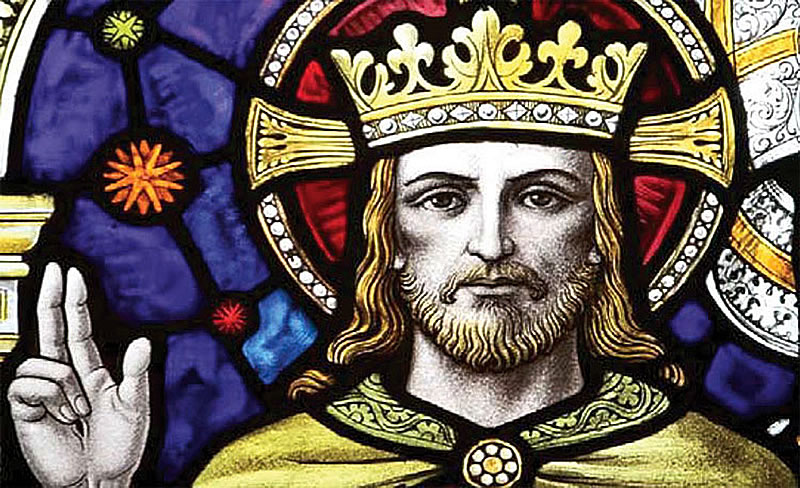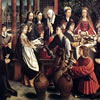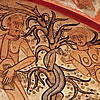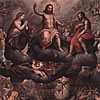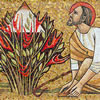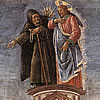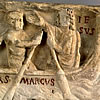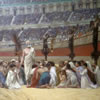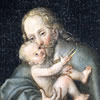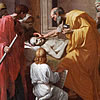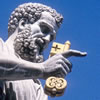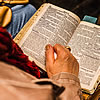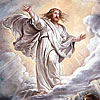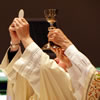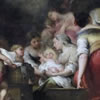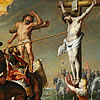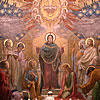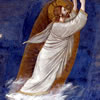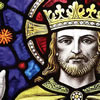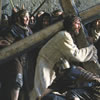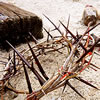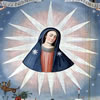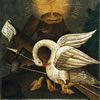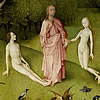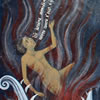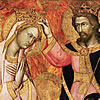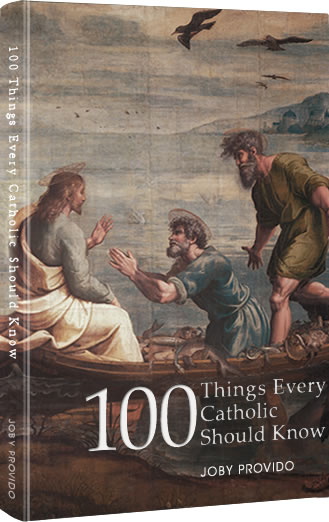Making sense of the Covid-19 pandemic in the plan of God
In the Old Testament, Job was a righteous man whose life became increasingly difficult after God allowed one calamity after the other to afflict him. His friends asked him if he had done something to offend God that might be the cause of his punishment. This reflected the thinking of that time: that God will spare the good from suffering, and punish the wicked. Job consistently denied he had done anything wrong.
The constant questioning of his friends wearied Job to the point that he got tempted to question why God would do such a thing to him. God appeared from out of a storm and told him, “Who is this who darkens counsel with words of ignorance? Gird up your loins now, like a man; I will question you, and you tell me the answers!” Then God asked Job where he was when God laid the foundations of the earth and when he determined its size. God asked Job if he could command the sun to rise in the morning or make the weather obey him. Chapter after chapter, the questions of God show how small Job is in the context of creation. It is as if God was saying, “Who are you to question my wisdom, you who are a tiny part of creation, and I the creator of it who guides it from all eternity to all eternity?”
And so we learn from the Book of Job that God is the Lord of history; that everything is under his care so that even when he allows suffering, it is only done because it will produce a greater good. The practical example of this is Christ’s Passion. God allowed his only son to undergo pain, suffering, and a humiliating and excruciating death because salvation can come out of it. We can apply this principle to our current situation: God allows a pandemic because something good will come out of it.
What good can come out of this, we may ask. We can’t possibly know the mind of God completely, but he gave us the intellect to discern them. Here are a few suggestions:
We don’t have control
We have lived our lives under the false impression that we are in control. Our amazing technology in science, industry, and medicine allows us to extend beyond the capabilities of human nature – and there is certainly nothing wrong with that. In fact, that is amazing! It becomes wrong when we rely on these things alone and forget God.
Dependence on money is another thing. While we need money to sell and purchase things we need to survive, it becomes wrong when we depend on it to a point that we’ve made it a god.
As we wait for a cure and ride out this pandemic, we realize that we are not in control. Could it be that God is reminding us to return our trust in him and not solely on technology and material things? If so, we should reflect on where we have placed God in our life. When Adam hid from God in the garden of Eden, God asked, “Where are you?” (Genesis 3:9) It wasn’t so much to know Adam’s geographical location, but where was his heart in relation to God. Maybe God is asking us the same question now. What will our answer be? How do we fix it if it needs fixing?
We understand the authority of a bishop
For a whole lot of Catholics, the role of the bishop is not quite known. To most, he is the minister who “slaps” a confirmand (someone asking for the sacrament of confirmation) to “wake up” his or her spiritual courage.
When masses were canceled, especially when we were given the dispensation from the Sunday obligation (that we don’t need to go to Sunday mass and it won’t be a sin,) we saw the authority conferred to the bishop. It is an authority that was given by Christ to his apostles, as the first bishops, and passed down through the generations from bishop to bishop through an uninterrupted line of succession. Many of us also realized that we belong to a diocese or archdiocese “managed” by the bishop. We should be reminded of St. Ignatius of Antioch who said, “obey your bishop!”
Could it be God is reminding us that his Church has a structure and that his power and authority is conferred on the bishops that “manage” their diocese? If so, let us learn more about the Church that Christ left us. Let us understand her function and role in society through her social teachings and her role in perpetuating Christ’s presence through the sacraments.
We can allow the planet to heal
Reports are coming in that the earth is healing. There is less air and water pollution in some areas. Some animals are coming back to their natural habitats. As a species, we’ve tried to do this but weren’t able to do so because we were so busy with our own personal agendas. Could it be that this is God’s way of healing the planet? If so, let us appreciate the good that this situation has brought, and work for the planet to heal even after we go back to normal.
We can appreciate our comfort and freedoms more
Since a lot of us are in locked-down or quarantined areas, we cannot freely move about. We feel the sense of isolation from society and from the trivial freedoms we took for granted – like going to a grocery, eating in a restaurant, or attending a birthday celebration. Could it be that God is allowing us to experience what it is like without our comforts and tiny freedoms? If so, maybe we will relish these small luxuries just a bit more when things go back to normal. After experiencing what it is like to be a “captive,” we, who have to resources and connections, might want to “free” workers who are in a terrible work environment or oppressive companies.
We can get to know our family
Since workplaces and schools are temporarily closing down, parents and their children are urged to stay home. Suddenly we are in each other’s faces twenty-four hours a day for the next few weeks. Could it be that God is asking us to know our family? If so, we should take this chance to interact with them. Set a time to talk – really talk – to one of the members of your family every day. It will be awkward at first, but it has to start somewhere. It would be just sad if everyone’s neck were angled downward on their phones, gadgets, and games as if the other people at home didn’t exist.
We take this opportunity to gain virtues
For those who are in quarantine or locked-down communities, we are asked to practice social distancing by staying at home, and if we have to buy food and medicines, we stay at least a meter away from the next person. In some places, the stock of our favorite food is out and we have to make do with a substitute. Some places have halted all forms of mass transportation, and people have to find ways to get work even if it means walking.
These things make life a little more difficult, but could it be that God is allowing us the opportunity to gain virtues? If so, maybe we can restrain our complaints and practice patience. We can be doubly kind and generous to others even if we are troubled ourselves and have meager resources. We can be the joy that others look at when they are disheartened by the situation. We can offer up the difficulties we are experiencing as an indulgence that can be given to the souls in purgatory. The suffering we are undertaking can never be good, but we can make it mean something.
We fast
In some places that have meager supplies, families are rationing their food so that it will last longer. By instinct when we get slightly hungry, we satisfy the hunger right away. Could it be that God is reminding us that he is God and not our stomachs? If so, we see it metaphorically – that we are in control of our passions, and not the other way around. We can empathize with the poor who don’t eat regularly because we’ve experienced their hunger – hopefully providing a spark of inspiration to help them.
We develop a hunger for the flesh of Christ
Many churches have canceled masses to assist the fight against viral contamination. For many Catholics around the world, fifty years old and below, this is probably the first time they’ve encountered this kind of experience. Those who go to daily or Sunday mass regularly feel the loss – as if something is missing. How many of us long to stain our lips with the body and blood of Christ in Holy Communion?
As a result, there is this hunger prevailing over a large number of active Catholics who cannot receive the Blessed Sacrament. Could it be that we have taken for granted the presence of our Lord – just taking Holy Communion mechanically – and God is reminding us of how important the Eucharist is? If so, let us reflect on how the Eucharist is the source and summit of Christian life so much that all the sacraments are ordered to it.
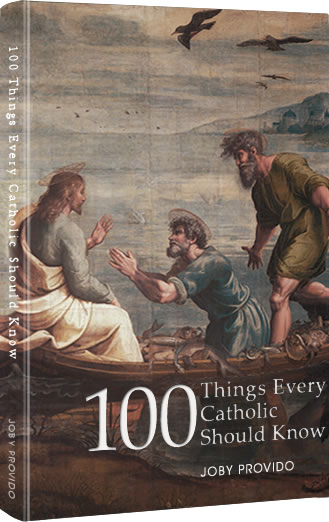
100 Things Every Catholic Should Know
Whether or not you are new to the Catholic Church, or struggling, or lapsed, or dynamically involved, this book will enlighten you with the essentials of the Faith that have been handed down to us by the apostles.
Each of the 100 topics is easy to read and distilled into bite-sized portions. Through cross-referencing, the book also shows how the topics are interrelated. Those who are new to the Faith will find this book an edifying handy reference, and those who have simply forgotten will find it a great review material that might spark a new love for God and religion.
Get your copy now either in Hardbound, Paperback, or Kindle

A Sky Full of Stars
Know Our Lady through her Titles in the Litany
The Church helps us understand who Mary is by honoring her with different titles in the Litany of the Blessed Virgin Mary. Unfortunately, over time and difference of culture, we might not grasp what it is the Church is ascribing to her and lose that opportinity to get to know her.
In A Sky Full of Stars, each title of the Litany is explained so we get know Mary more and fall in love with her all over again.
Get your copy now either in Hardbound, Paperback, or Kindle
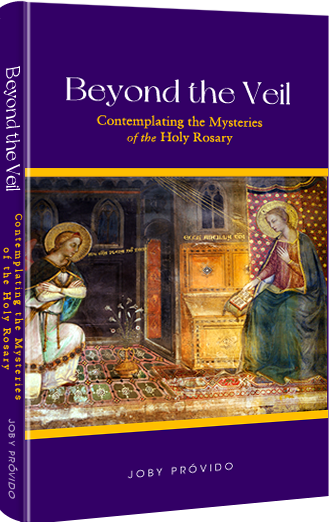
Beyond the Veil
Contemplating the Mysteries of the Holy Rosary
Prayer giants like Pope St. John Paul II, Pope Paul VI, Bl. Archbishop Fulton Sheen, and Bishop Robert Baron advocate that we contemplate on the mysteries of the rosary while we say the vocal prayers. Unfortunately, there are not many books that teach us how to do this. Beyond the Veil comes to the rescue by suggesting seven ways we can pray the rosary the way it was intended.
The larger part of the book offers mental images for each of the mysteries we can use in our contemplation, for how can we imagine the scenes in the rosary if we don't know about them?
Get your copy now either in Hardbound, Paperback, or Kindle
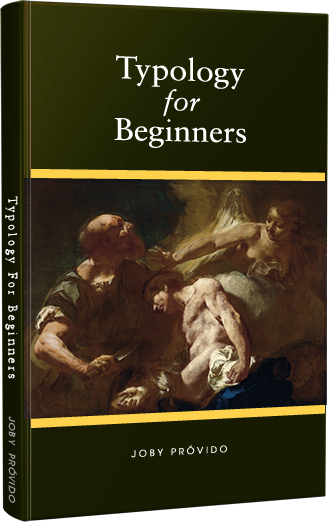
Typology for Beginners
A Catholic Perspective on understanding the New Testament through the Old Testament
First-century Jews converted to Christianity in droves because of the way the New Testament was written to show Jesus was the Messiah promised by the Old Testament. We also learn about how Mary is the New Eve and the Ark of the Covenant in the way the writers portray her.
Through typology, the patterns that connect the Old and New Testaments make the Bible stories more accessible so that one becomes excited to read Sacred Scripture again.
Get your copy now either in Hardbound, Paperback, or Kindle


